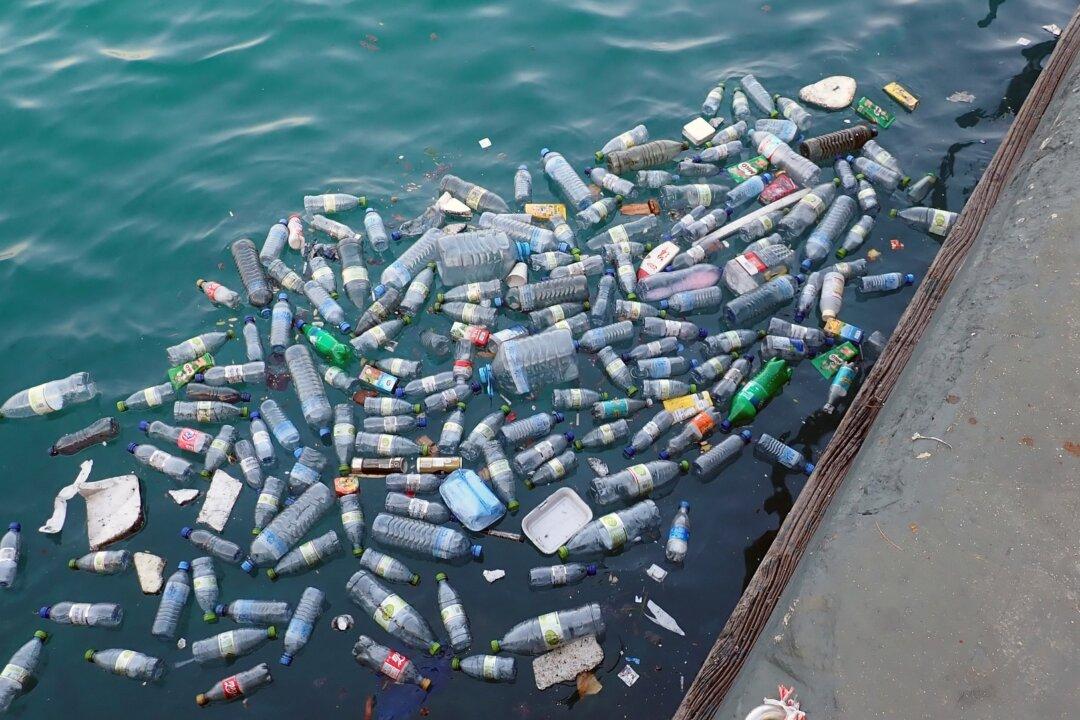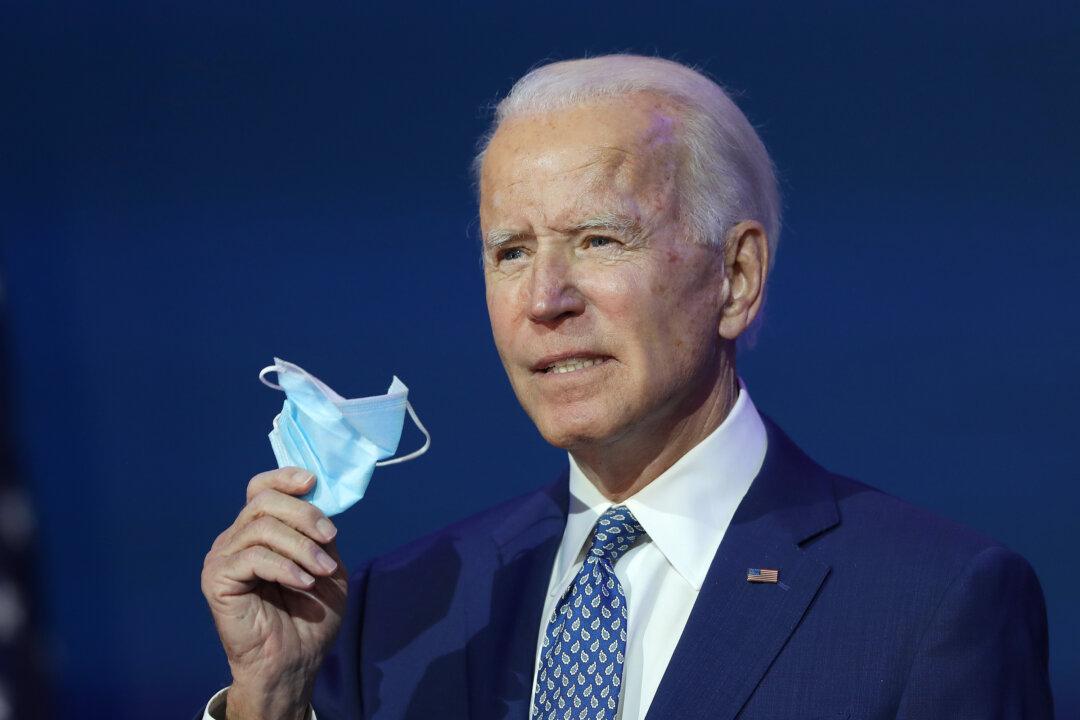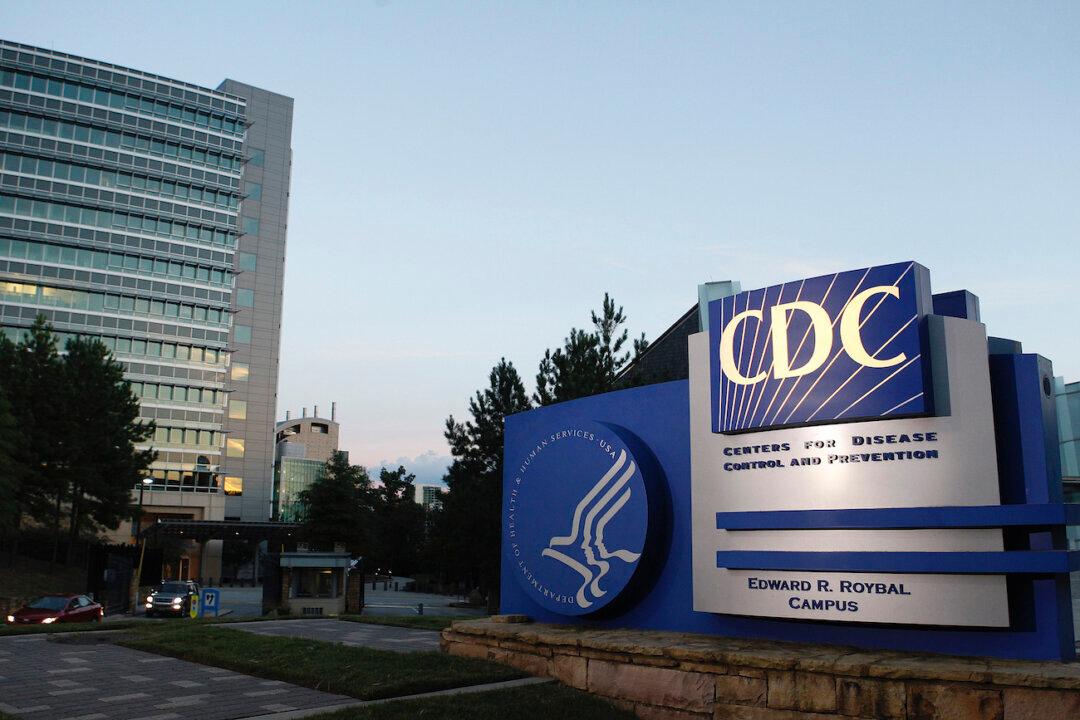Amidst the plastic waste that is harming the marine ecosystem and its inhabitants, one brewery in Florida is doing its part to help reduce the amount of plastic waste in an attempt to turn the tide against the mucky monster polluting our oceans.
The brewery came up with a package design that will change the environmental impact of their products. The brewery came up with an idea to package six-pack beers with biodegradable materials instead of the plastic version that adds on to the volume of plastic waste.





